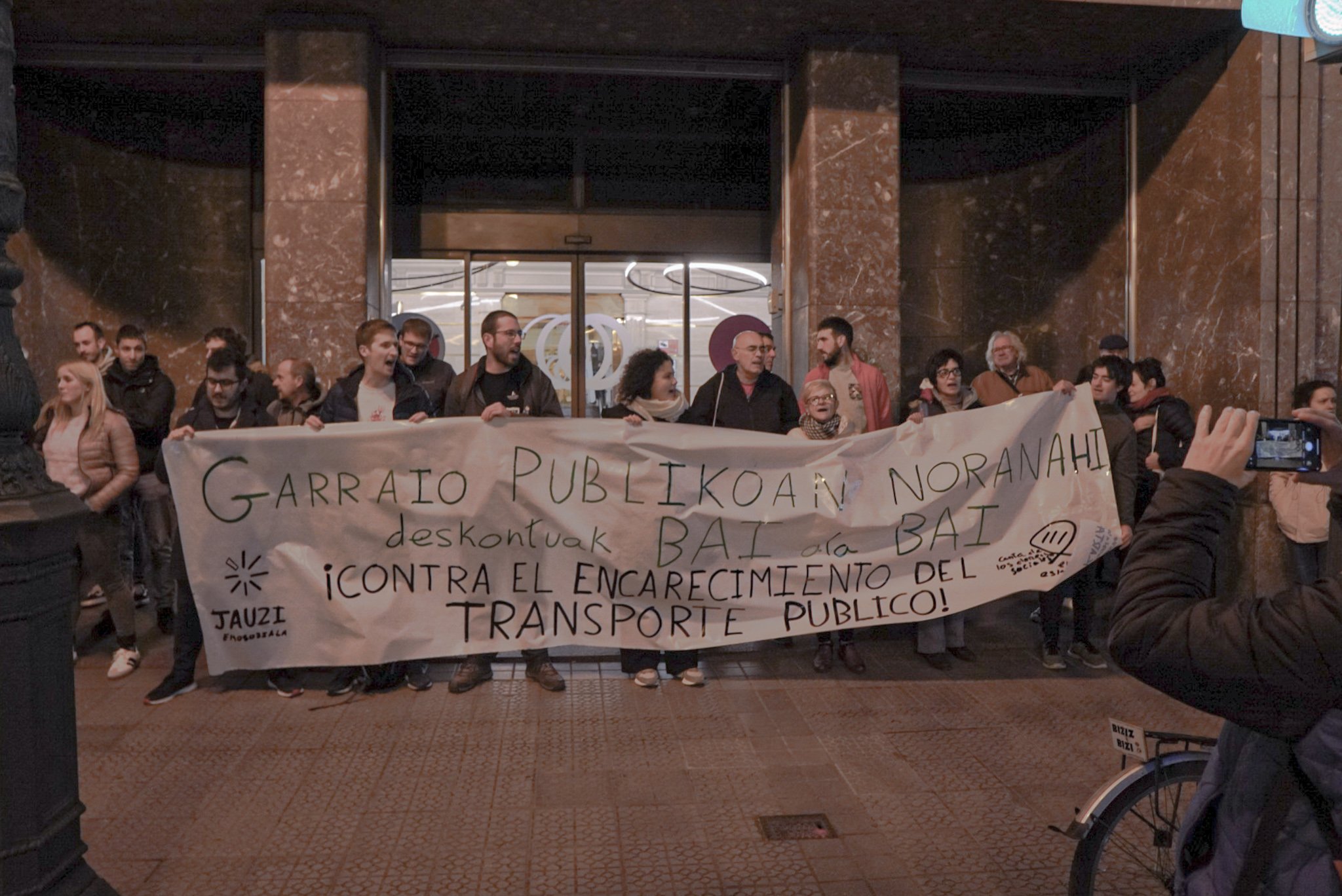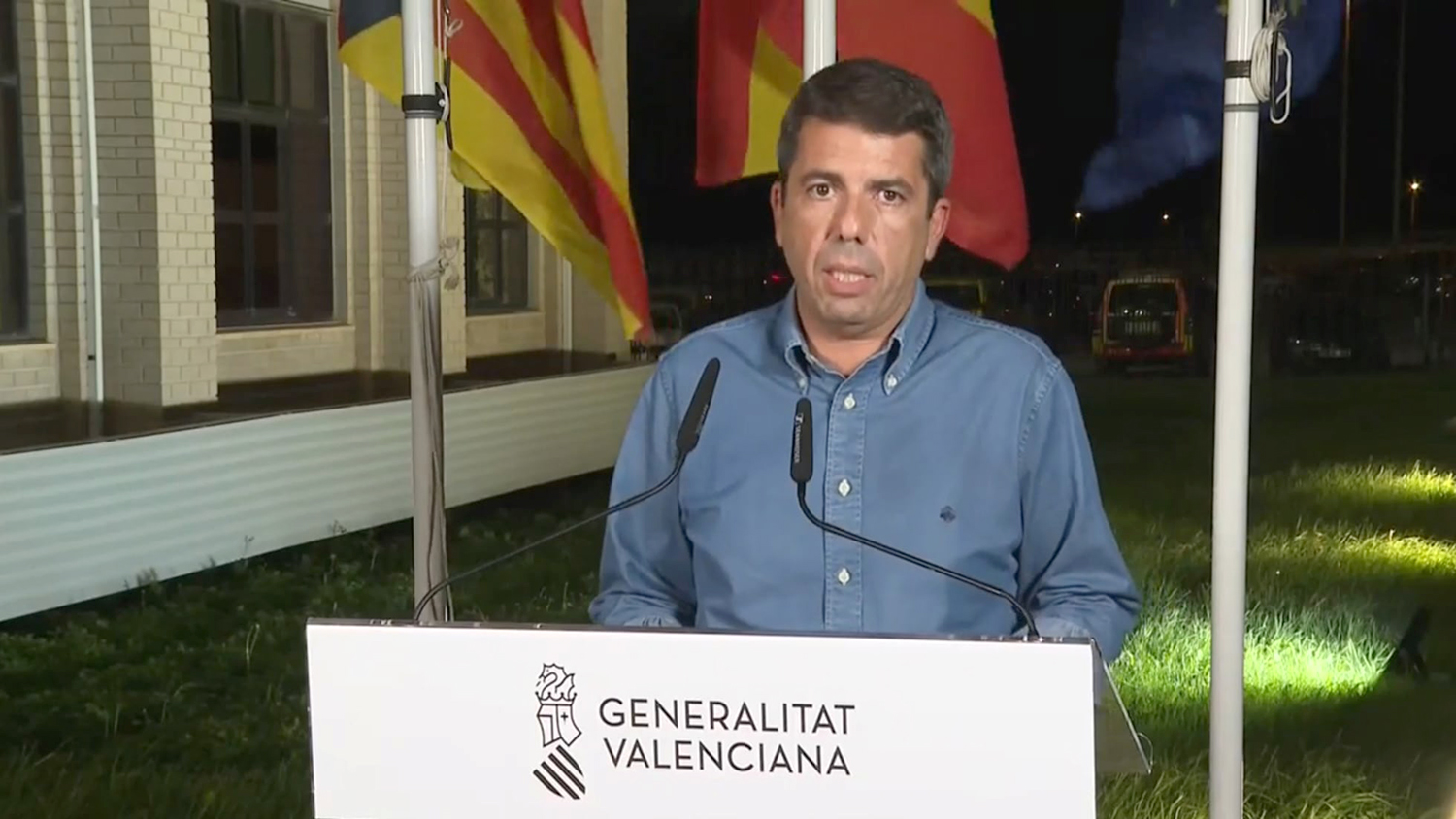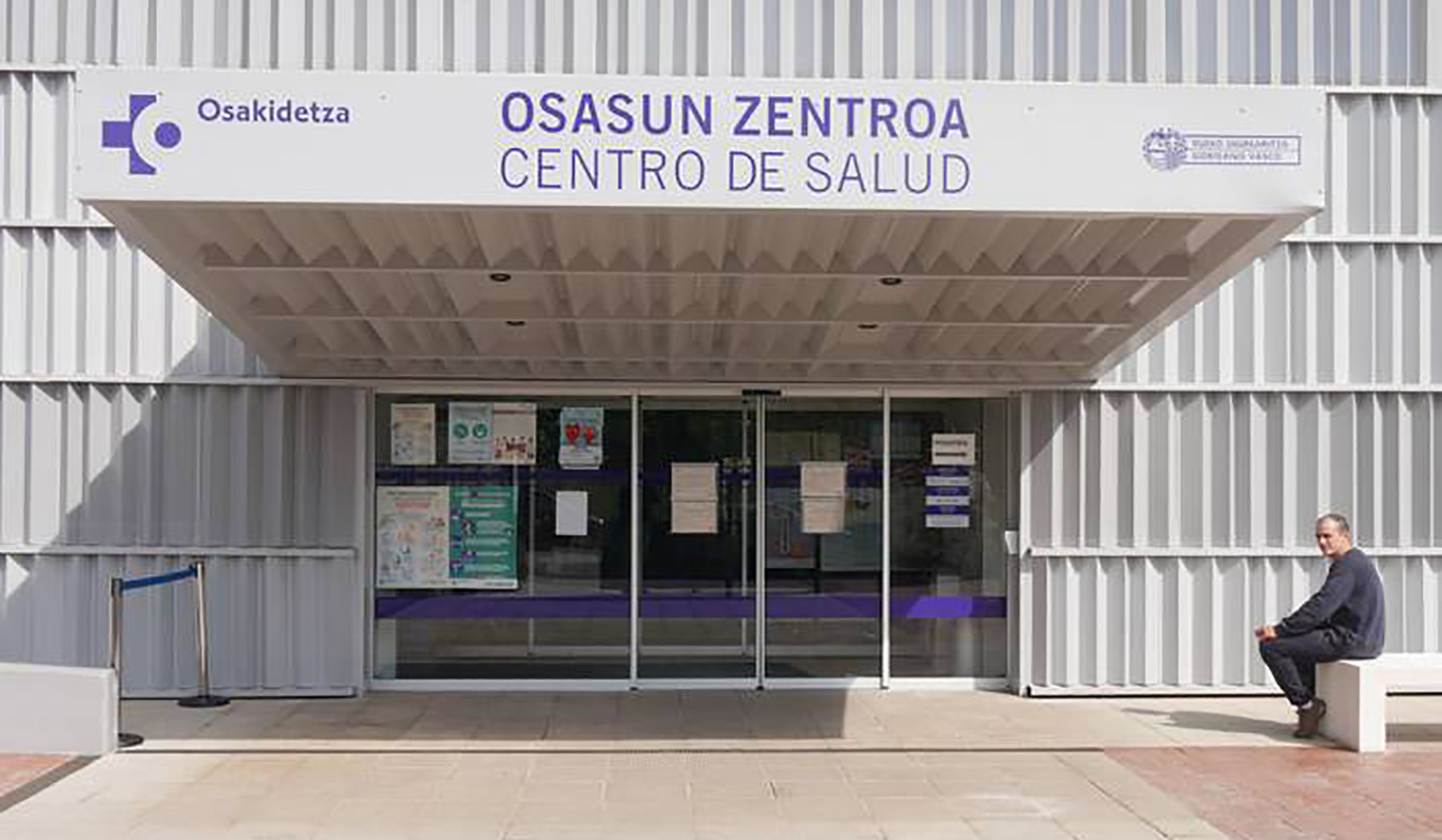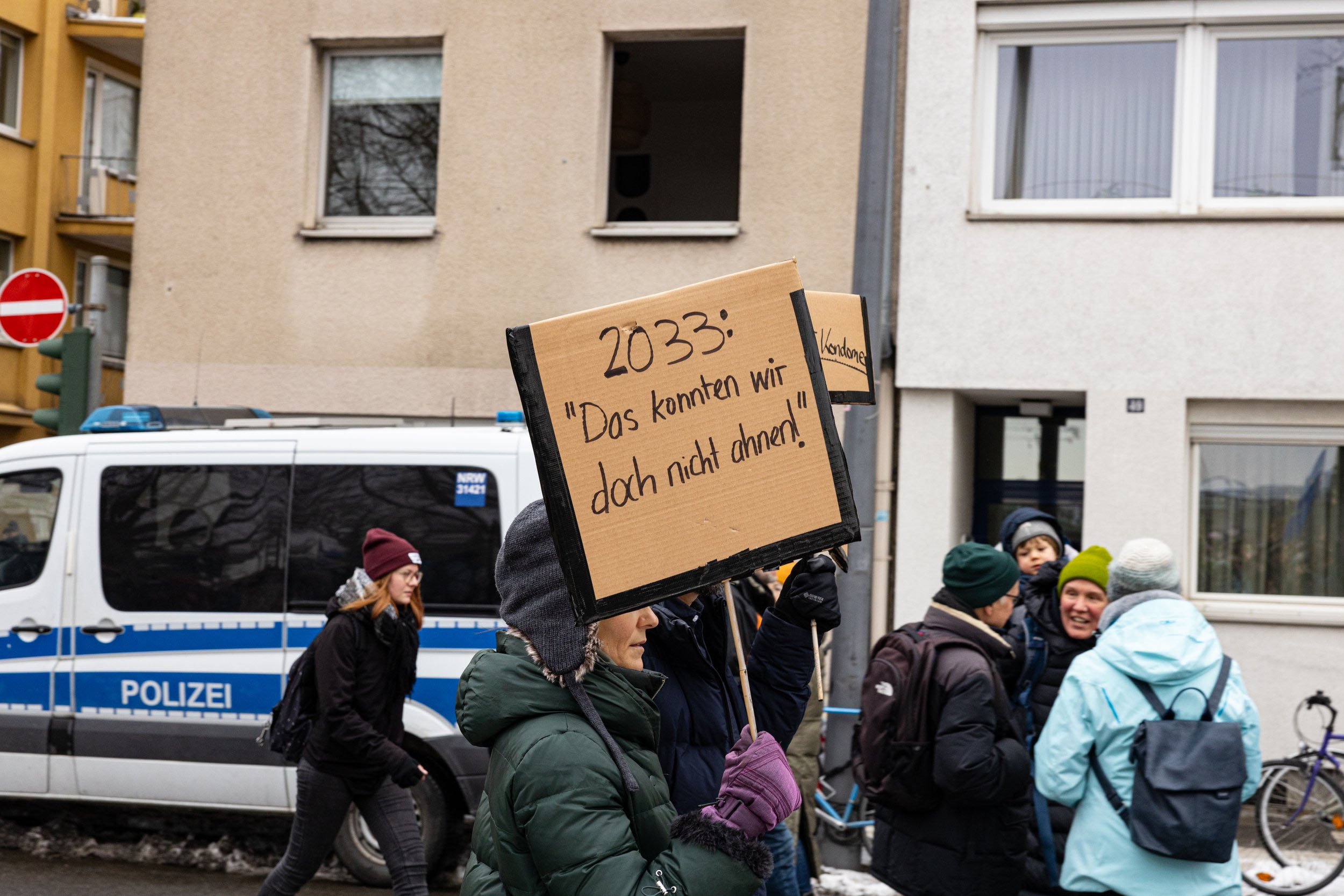Attempt to reindustrialise in Bergara
- Since the iconic household appliance company Candy-Hoover announced the closure of the Bergara plant, workers and institutions are making a great effort to maintain and maintain industrial activity.
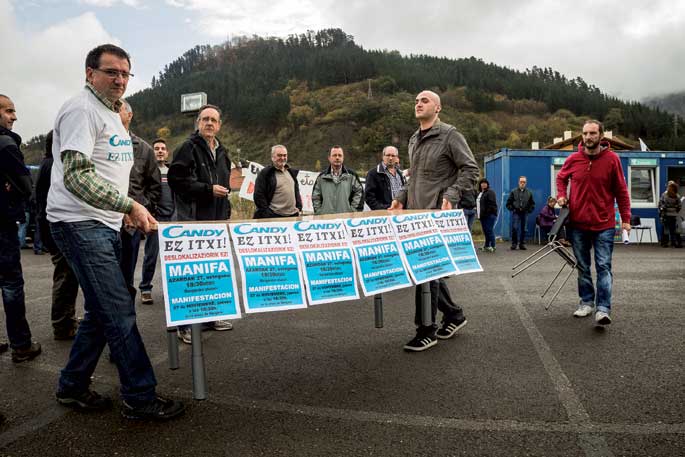
The Italian company Candy, belonging to the Fumagalli family, announced on 30 October 2014 that it would close the Bergara plant and lay off 150 workers under the economic conditions that allow the labor reform of pp. After five months, eleven mobilizations and endless efforts, Candy’s workers have not only been able to obtain decent pre-retirement and compensation conditions, but have the hope of maintaining their jobs, as the Luxembourg company Optimize, S.A. has the possibility of making electrical manuscripts at the plant when drafting these lines.
In order to reach this situation, the agreement signed between the company, the workers and the Provincial Council of Gipuzkoa has been key. But the fundamental step has not been the writing, but the attitude: from a conflicting environment they have come to trust each other.
Chains on the company portal
On 30 October 2014, workers’ representatives left at the Bergara plant after meeting with the company’s management: "We all go to the street! they said. The workers were suddenly retreated with the rabies accumulated for many days and the door closed with a chain. The Ertzainas had to give way to the Italian representatives and lawyers of the company that was trapped, shouting "Embusteros! ".
Ten years ago, Candy worked about 450 people. This figure has gradually decreased, especially in recent years, and employment regulation dossiers have become daily bread. The company in its closing statement mentioned the “structural losses” and the need to “depreciate jobs”. It was a dictionary to hide the evidence: Everybody goes out on the street because they have to make more money in China.
Throughout these months the workers have been constantly mobilised and have achieved the complicity and involvement of the citizens and institutions of Bergara. The participation of the Member has been decisive in the negotiations that have taken place. The chief of staff of the Deputy General, Agurne Barruso, explains how they approached the challenge: “When we learned that the decision was firm and that the closure of the Bergara plant was irreversible, we contacted the workers and the company. But with empty hands. The workers asked us to study feasibility, so we started meeting with people with experience in reindustrialization processes and put that opportunity on the table.”
On 30 December at 10:00 a first agreement was signed between the company and the workers. Thus, they obtained an additional amount and a dignified compensation for 63 pre-retirees, and most importantly, a commitment for the rest of the workers to be able to start a new industrial activity in the plant.
Reindustrialisation process that has worked in Europe
This commitment was ratified two months later in a document signed by Mrs Candy-Hoover and all the works council unions (ESK, ELA, LAB, CCOO and UGT). According to the agreement, the company would offer the plant on a rental basis, with the aim of developing a new industrial activity, as well as more facilities. The workers, for their part, would use the compensation received to invest in that new line of business, in which Candy would give them greater compensation.
The Member says that this type of reindustrialisation process is common in Europe, that new investors are given the facilities and a money exchange in good condition: “We have seen these kinds of processes in France and Italy – says Barrus-, that is also driven by the legislation on relocation in those countries, which cannot be taken without an attempt.” In this sense, the head of the cabinet considers that the attitude of the staff who “have the blisters there” is very meritorious: “They wagered on employment and kept the option they put on the table.”
One of the most important points of the agreement of intent is the balance between the two parties. Candy has the right to veto its new business if it is in direct or indirect competition with its line of business. Workers also have the possibility to give up their new project if they do not agree with working conditions.
The Member assumed the responsibility of locating a new investor and drawing up a feasibility plan. It has recently presented its proposal to workers: Manufacture of cuffs with electric motor on the Bergara plant. The Scoot’el project of the Luxembourg company Optimize, S.A., provides for the construction of a new model of hose of 800 and 1,000 watts of power, of 50 centilitres of power and 95 kilometers of autonomy.
Now you have a little time to make a decision. The Deputy is currently analysing its medium- and long-term economic viability, “because we do not want to play with the future of dozens of families.” Prudence also prevails among workers.
Devised or not, this whole process has shown that, despite the fact that labour reform has given companies the red carpet of unilateralism, there are formulae to deal with deindustrialisation with the will of the administration and the courage of the workers.











.jpg)


